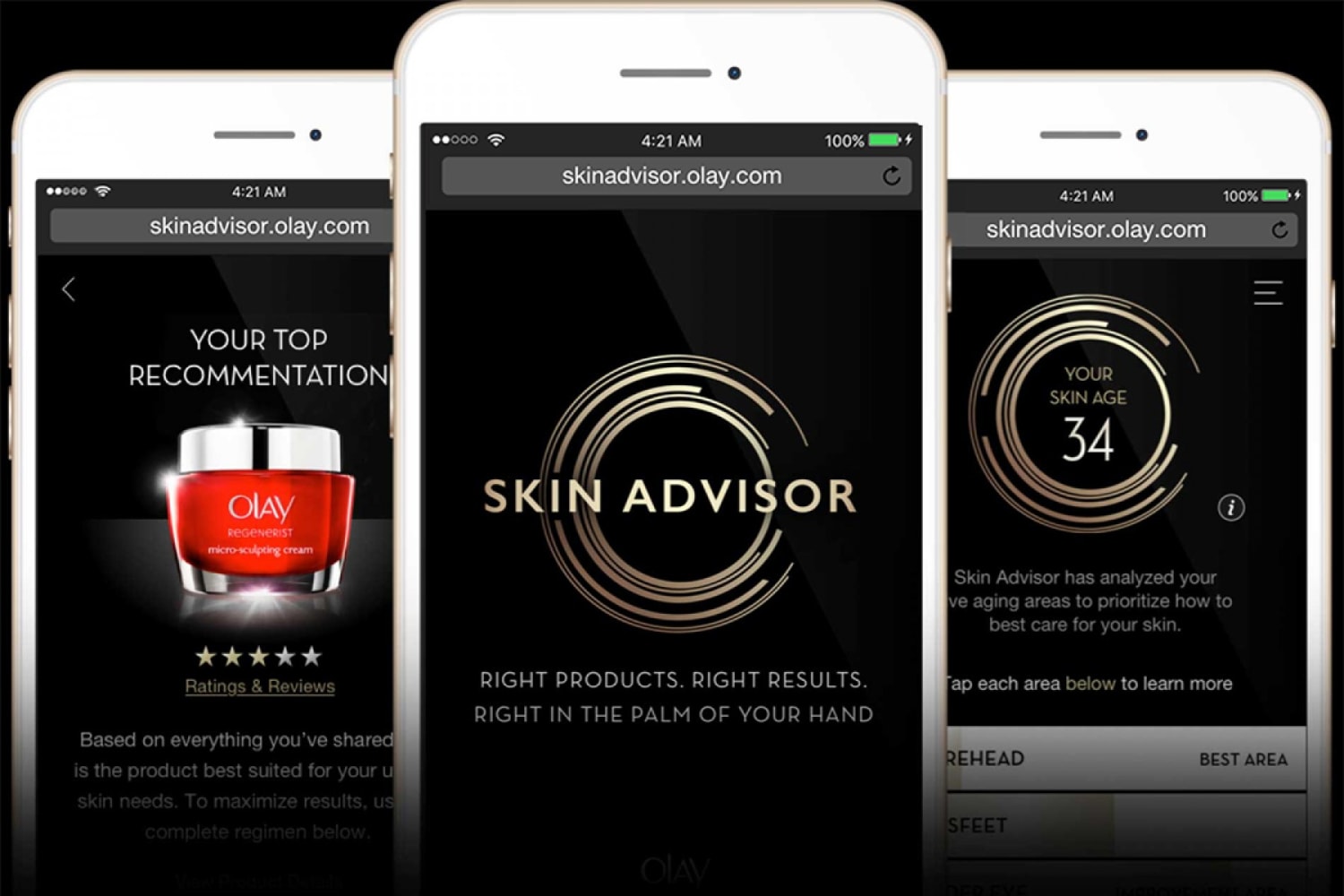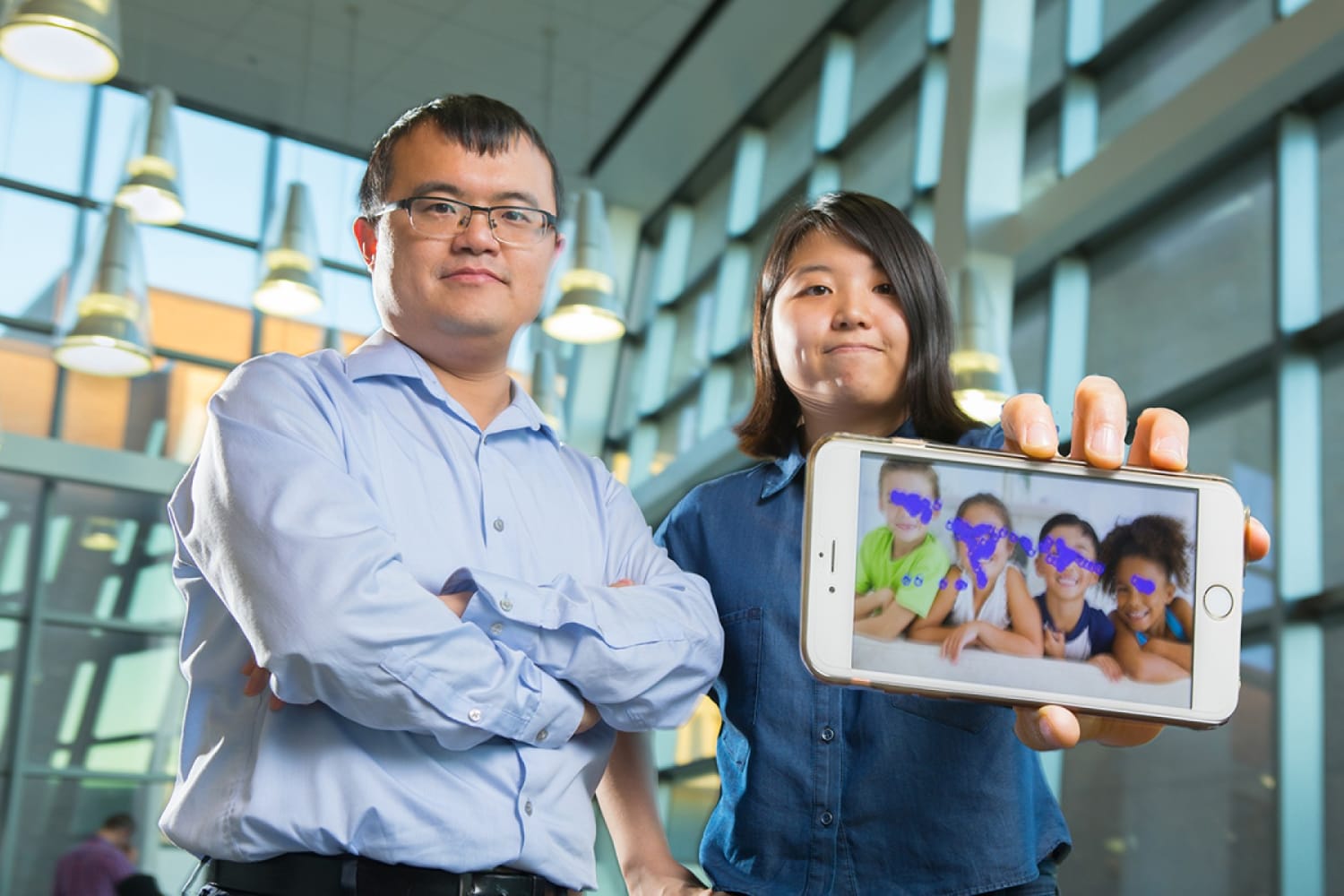For patients facing extremely rare medical conditions, a smartphone could be a lifesaver. Re-launched in October, Face2Gene is an app that can help identify rare diseases from an image of a person’s face. Operating across more than 7,000 rare genetic syndromes that manifest in physical traits, the app extracts data points from a photo and compares them to a database of hundreds of thousands of photos from real-world patient cases.
Originally created as searchable image database, the app was re-launched with integrated deep learning and improved computer vision analysis (as well as a suite of educational and collaborative features). Face2Gene’s parent company FDNA was started by the team behind Face.com, a facial recognition company that was later bought by Facebook.
“Computer vision technology, around the world, was able to make a huge leap in terms of processing two-dimensional images,” Dekel Gelbman, CEO of FDNA, told the Innovation Group. “That’s the door for us to offer this to hand-held devices, like mobile phones and tablets and visual cameras. It doesn’t require special tools and special equipment.”
In addition to sophisticated visual analysis, Gelbman says, advancements in AI-powered deep learning enabled the platform to expand beyond its original form. In learning from its past diagnoses, the system improves its future analysis and can even begin to identify new patterns and correlations. “It takes a lot of effort to train this to identify patterns from very few patients,” he explained. “Where before we felt like we’re plateaued into a limited number of syndromes that we can cover, the trend is going in an interesting way. Every day we expand our coverage.”
Face2Gene is only available to healthcare practitioners. But some several companies are already experimenting with bringing a similar approach direct to the consumer. Naturally, the face has been the focus of much of the “selfie” diagnostics on the market. Launched last fall, Olay’s Skin Advisor app can calculate a user’s visible age from a photograph, using a deep learning algorithm based on tens of thousands of pictures. The MDacne app can recommend acne treatment based on a photograph, backed by dermatologists, and even includes a ‘selfie tracker’ to chart the change over time. And Samsung’s
Browser Tracking Protection enabled. Unable to display content.





